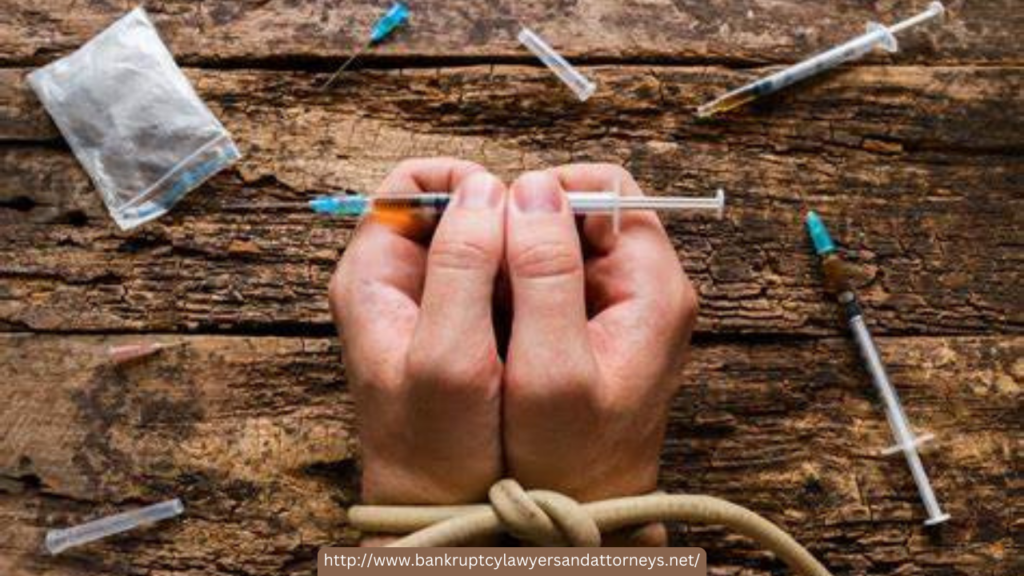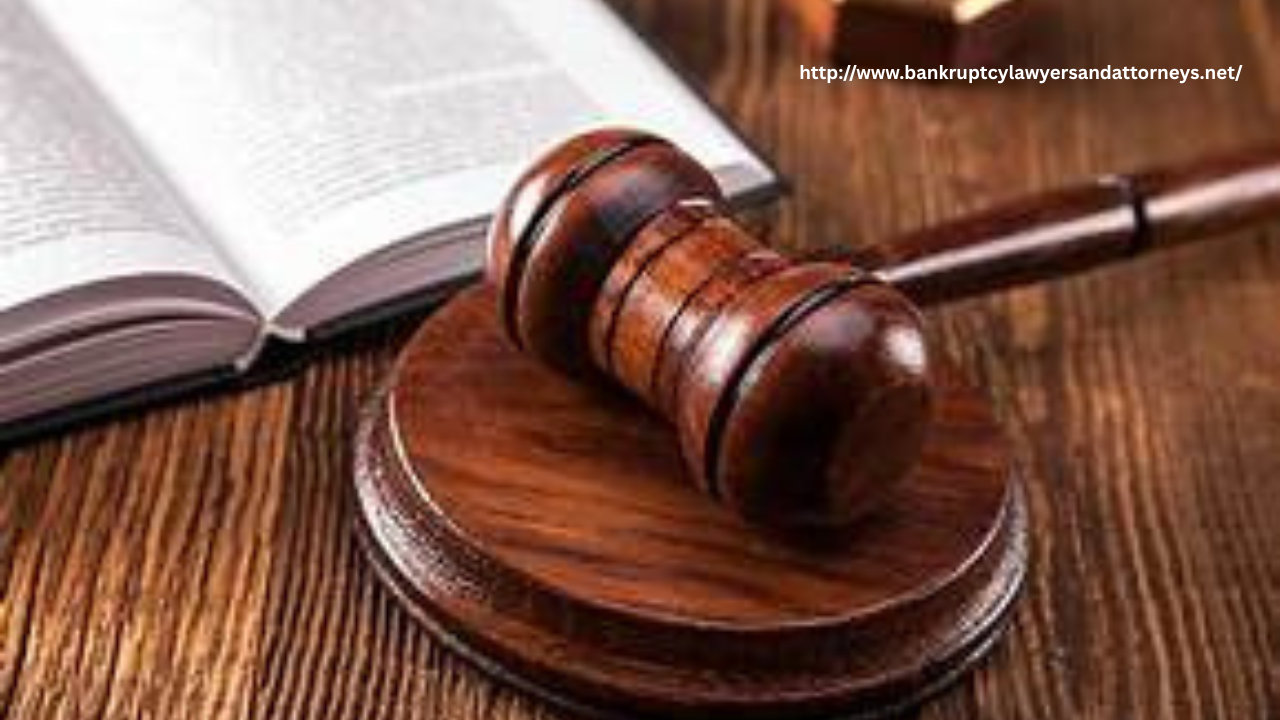
Substance abuse doesn’t just impact an individual’s health, relationships, and employment—it also carries serious legal consequences. Whether involving illicit drugs, prescription medications, or alcohol, substance-related offenses can lead to criminal charges, financial burdens, and long-term restrictions that follow a person for years. Understanding the legal consequences of substance abuse is crucial for those struggling with addiction, as well as their families and support networks. The legal system takes drug- and alcohol-related offenses seriously. Some of the most frequent legal issues associated with substance abuse include:
- Possession of Illegal Substances: Being caught with drugs such as heroin, cocaine, methamphetamine, or even unauthorized prescription medications like opioids can result in misdemeanor or felony charges. Penalties depend on the type and quantity of the substance, prior offenses, and jurisdictional laws.
- Drug Distribution and Trafficking: Selling or distributing drugs is considered a far more serious offense than simple possession. Even sharing drugs with friends can be charged as distribution. Trafficking, especially across state or national borders, can result in lengthy prison sentences and heavy fines.
- Driving Under the Influence (DUI/DWI): Operating a vehicle under the influence of drugs or alcohol is one of the most common legal consequences of substance abuse. A DUI conviction can lead to license suspension, fines, mandatory treatment programs, and jail time—especially for repeat offenses.
- Theft and Other Crimes: Individuals with substance use disorders may turn to theft, burglary, or fraud to fund their addiction. This can include stealing prescription pads, shoplifting, or financial fraud. These crimes often carry severe penalties and contribute to a criminal record that’s difficult to erase.
- Public Intoxication and Disorderly Conduct: Public drug or alcohol use can lead to charges of disorderly conduct or public intoxication, which, although often considered minor offenses, can still have lasting impacts.
Legal Consequences Beyond the Courtroom
The effects of substance-related legal trouble extend well beyond the courtroom. A criminal record can impact many areas of life, such as:
- Employment: Many employers conduct background checks. A criminal history can limit job opportunities, especially in fields requiring licenses, trust, or public safety responsibilities.
- Housing: Landlords may be unwilling to rent to individuals with drug-related convictions, especially those involving distribution or violence.
- Education: Students with drug convictions may lose eligibility for financial aid, scholarships, or face disciplinary action from their schools.
- Family and Custody Issues: In family court, a parent’s substance abuse or related charges may be used as evidence in custody decisions. Courts generally prioritize the safety and well-being of children, which can lead to restricted or supervised visitation.
Pathways Toward Recovery and Legal Relief
Despite the heavy consequences, there are legal paths that support recovery. Drug courts and diversion programs focus on rehabilitation rather than punishment, offering alternatives to jail for individuals committed to treatment. Successful completion may reduce or dismiss charges, helping individuals regain control of their lives.
Additionally, legal professionals and addiction counselors can work together to advocate for treatment-based sentencing and help individuals navigate complex legal systems while focusing on recovery.
Conclusion
Substance abuse can lead to a wide range of legal consequences that affect every area of life. However, with the right support, education, and legal guidance, recovery is possible—and so is rebuilding a life free of addiction and legal trouble. Understanding these consequences is the first step toward making informed, healthy choices and seeking help before it’s too late.
